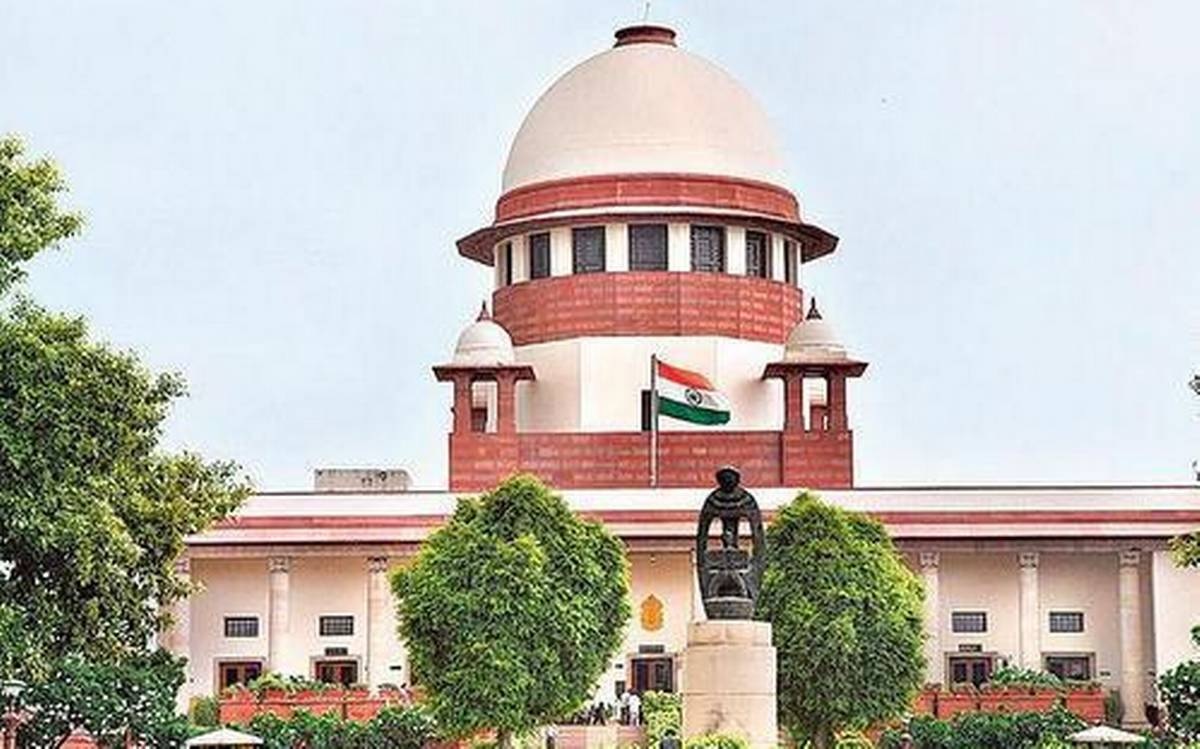In a landmark move, the Supreme Court of India has taken a significant step toward addressing the long-standing issue of caste-based discrimination in prisons across the country. On January 3, the apex court issued notices to the Central Government and 11 state governments, including Uttar Pradesh and West Bengal, in response to a petition highlighting the prejudiced allocation of work to prisoners based on their caste.
Understanding the Context of the Supreme Court’s Intervention
The bench, led by Chief Justice D.Y. Chandrachud, Justice J.B. Pardiwala, and Justice Manoj Mishra, focused on the arguments presented by senior advocate S. Muralidhar. The primary concern was the alleged caste-based work allocation in prison manuals across these 11 states.
The Advocate’s Stance on Caste Discrimination in Jails
Senior advocate Muralidhar brought to light the discriminatory treatment of prisoners belonging to lower castes and habitual offenders. He emphasized the unfair practice of assigning work based on caste, leading to blatant discrimination against lower-caste prisoners.
Supreme Court’s Directive to Address the Issue
The Supreme Court’s directive was a response to a public interest litigation filed by Sukanya Shanta, a resident of Kalyan, Maharashtra. Solicitor General Tushar Mehta was urged to assist the court in addressing the issues raised in this petition. Mehta expressed his unawareness of caste-based discrimination, stating that work distribution is usually based on the status of the prisoners, whether they are undertrials or convicts.
States Notified by the Court
The states that have been issued notices include Uttar Pradesh, West Bengal, Madhya Pradesh, Andhra Pradesh, Telangana, Punjab, Odisha, Jharkhand, Kerala, Tamil Nadu, and Maharashtra. The Supreme Court has scheduled the next hearing on this matter four weeks from the date of the order.
The Core Issue: Caste-Based Work Allocation in Prisons
Historically, many Indian jails, including those in Rajasthan, have followed the British-era prison manuals, which involve asking prisoners about their caste upon entry. A human rights organization claimed that lower-caste prisoners are often assigned menial tasks like toilet cleaning and jail maintenance.
Reports suggest that individuals from the lower end of the caste pyramid are relegated to cleaning duties, while those from higher castes handle kitchen responsibilities or legal documentation. The affluent and influential often escape any form of labor. Despite minimal revisions, the British-era manuals continue to influence the functioning of various state prison manuals.
The Call for Change and Justice
This intervention by the Supreme Court marks a critical step in challenging the deep-rooted caste system and its manifestations in Indian prisons. The court’s decision to question and potentially reform these practices signals a move towards a more equitable and just system.
The Indian judiciary’s role in addressing these systemic issues underscores the need for continual vigilance and reform to uphold human rights and dignity, irrespective of caste. As the nation awaits further developments, this case could set a precedent for future actions against discrimination in various spheres of Indian society.
The Supreme Court’s actions have opened the doors to a much-needed dialogue and introspection about the legacy of caste-based discrimination in India. It emphasizes the responsibility of the judicial system to safeguard the rights of all citizens, especially the most vulnerable. This case represents not just a legal battle but a fight for social justice, equality, and the dignity of every individual.
As the proceedings unfold, it’s crucial to stay informed and engaged with this critical issue that affects the very fabric of Indian society. The outcome of this case could be a landmark moment in the country’s ongoing journey towards social equality and justice.




